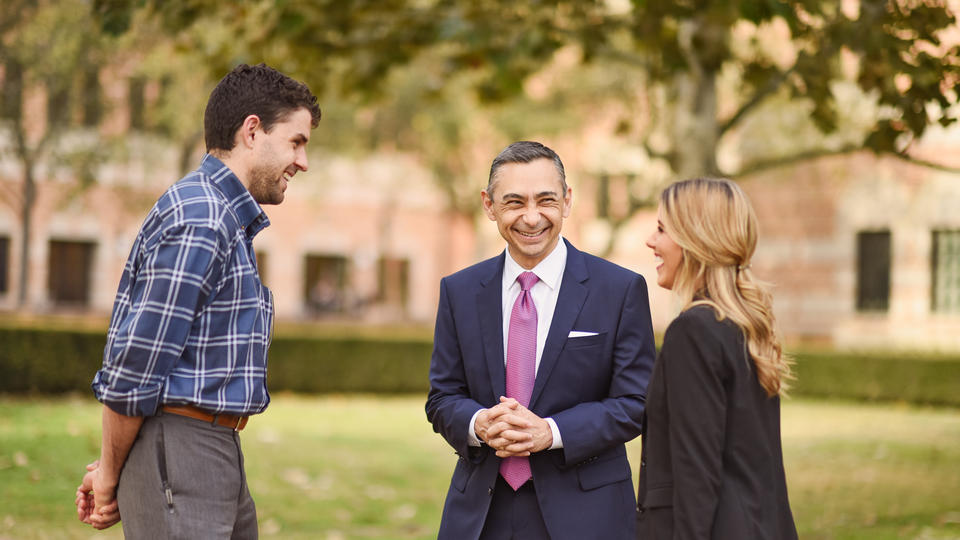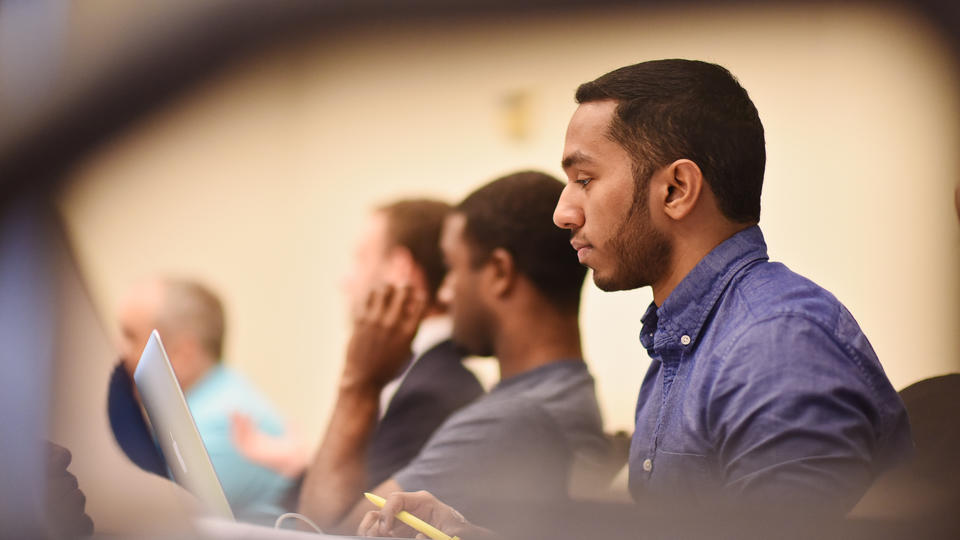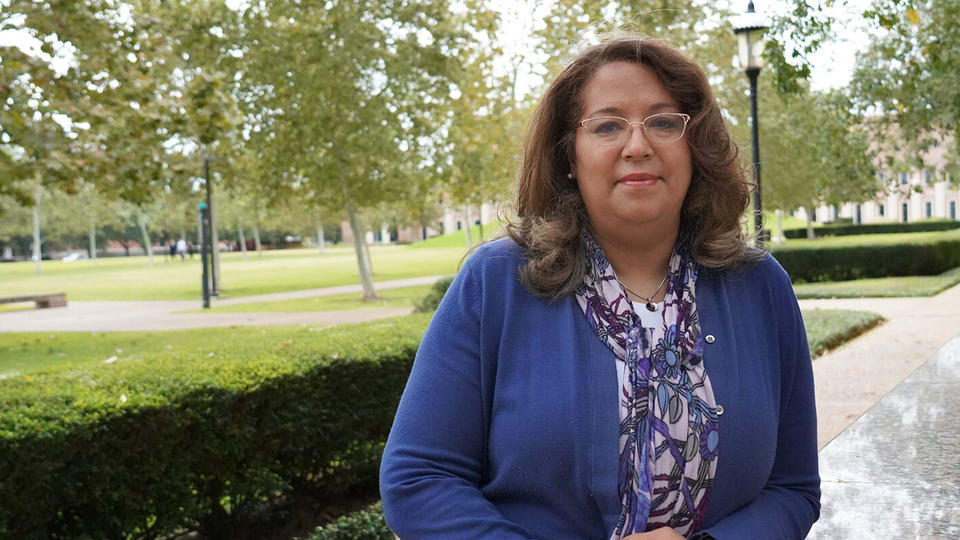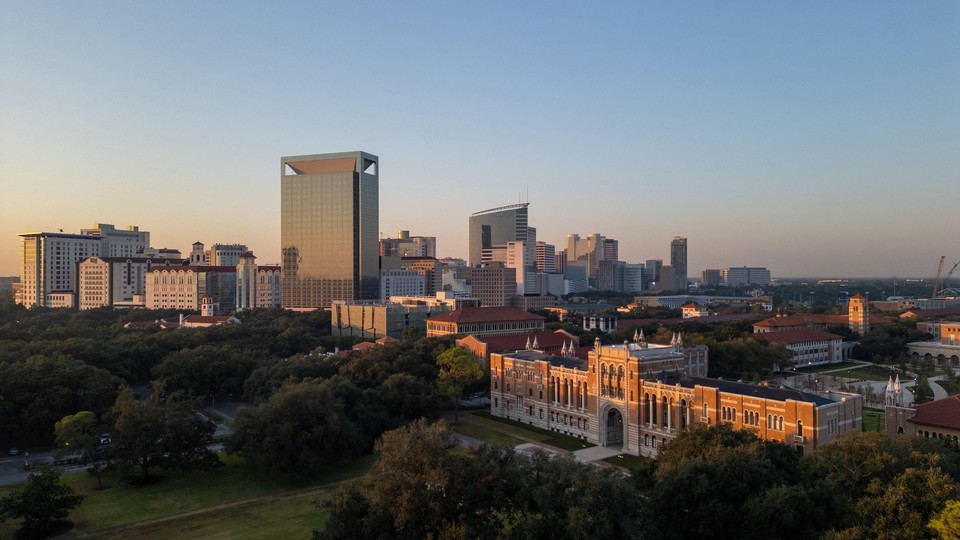How to Pay for an Online MBA
Budget cuts caused by coronavirus are (sometimes) making corporate sponsorship scarcer, and scholarships can be hard to find. Here’s some tips on how you can pay for your Online MBA.
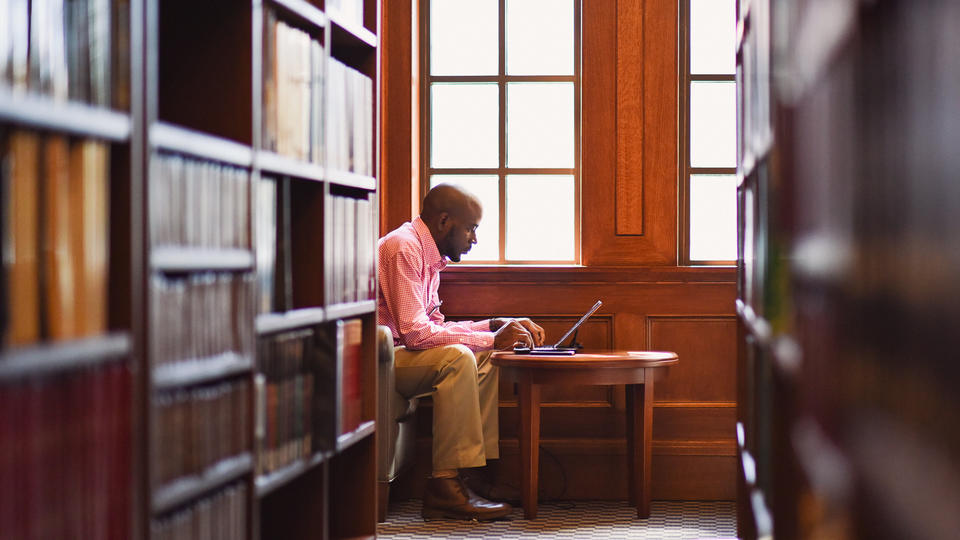
Rice Business Plan Competition to announce 2021 teams
The Rice Business Plan Competition — the world’s largest and richest student startup competition — will announce the teams invited to participate in this year’s edition on Friday.
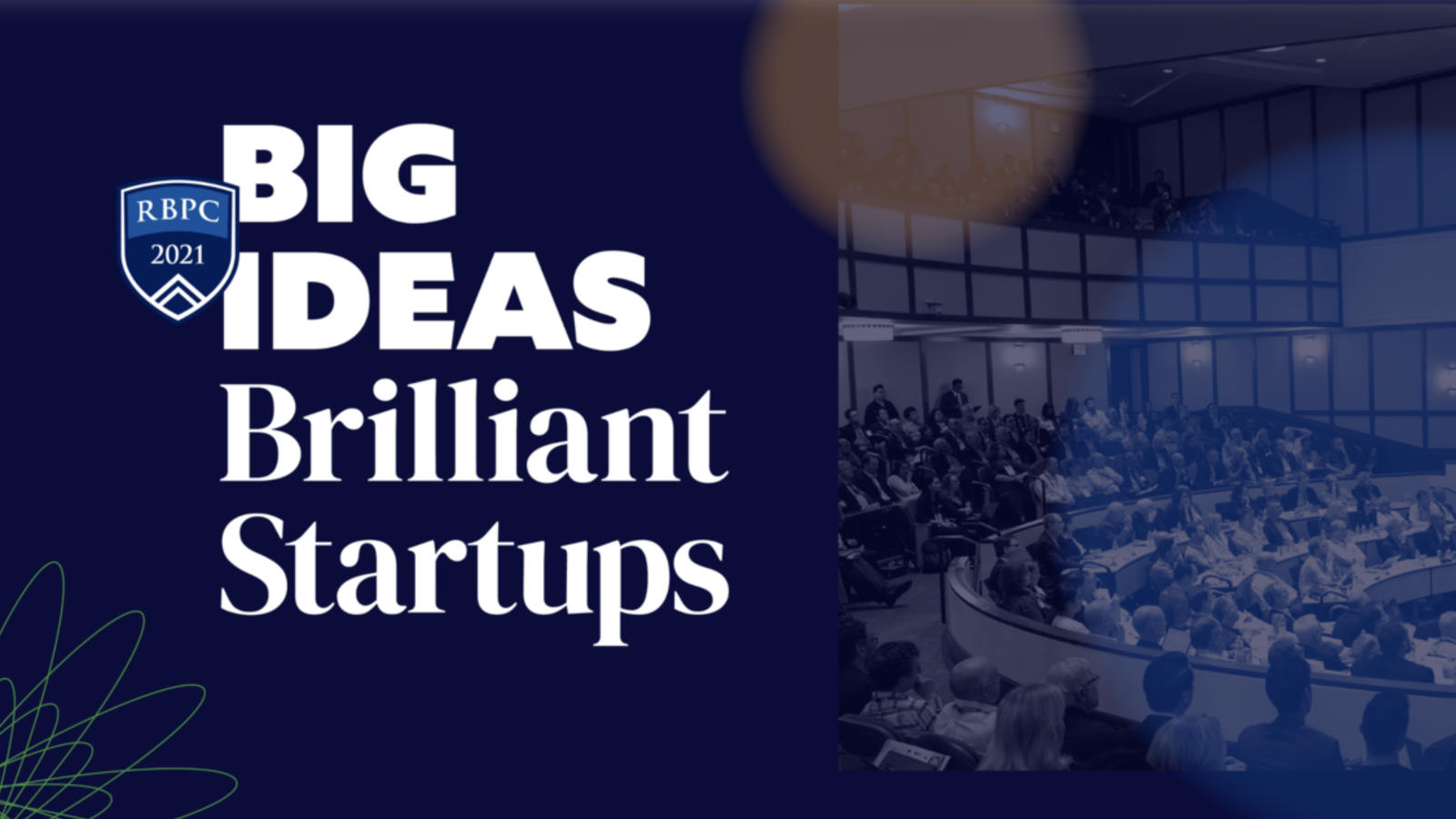
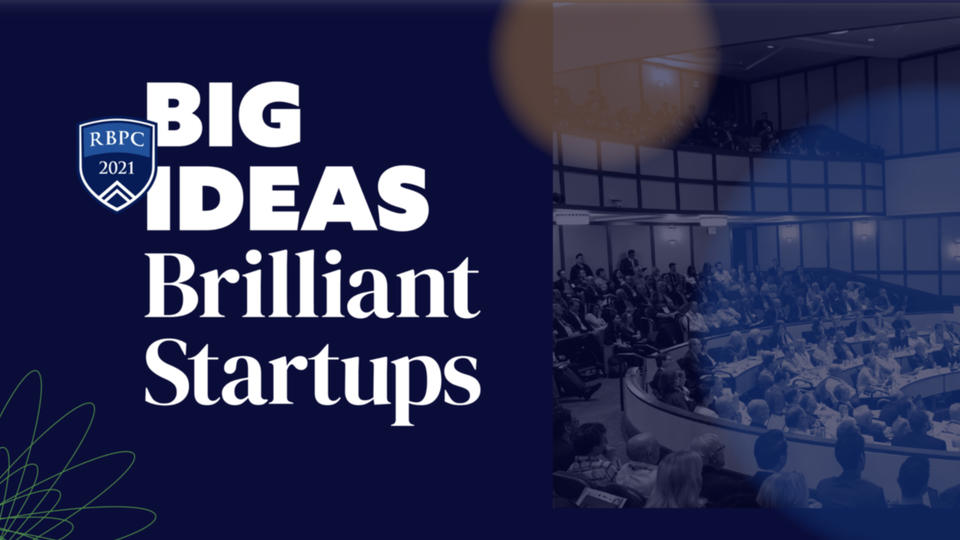
World’s largest, richest student startup competition reveals participants Friday
The Rice Business Plan Competition — the world’s largest and richest student startup competition — will announce the teams invited to participate in this year’s edition on Friday.
More than 440 student startups have applied for the April 6-9 competition hosted by the Rice Alliance for Technology and Entrepreneurship and the university’s Jones Graduate School of Business. The top startups deemed to have the best investment potential will be revealed via video at 10 a.m. CST.
What: Rice Business Plan Competition teams announcement.
When: Friday, Feb. 26, 10 a.m. CST.
Who: Peter Rodriguez, Rice Business dean; Brad Burke, Rice Alliance managing director; and Catherine Santamaria, Rice Business Plan Competition director, will make the announcement.
Where: Watch the announcement at rbpc.rice.edu, on YouTube at https://www.youtube.com/ricealliance, via Facebook at https://www.facebook.com/RiceAlliance/, on Twitter at https://twitter.com/ricealliance or on LinkedIn at https://www.linkedin.com/rice-alliance-for-technology-and-entrepreneurship.
The student startup teams selected will compete in five categories: energy, clean tech and sustainability; life sciences and health care solutions; consumer products and services; hard tech; and digital enterprise.
This year’s event will be the 21st annual competition drawing teams from around the globe who will again compete for prizes expected to top $1 million. Past competitors have raised more than $2.7 billion in total capital, and 237 startups have gone on to be successful. Two past alumni have achieved “unicorn status” with valuations greater than $1 billion each: Hyliion (2015 RBPC finalist) and Owlet Baby Care (2013 RBPC finalist).
For more information about the 2021 Rice Business Plan Competition, visit http://rbpc.rice.edu.
You May Also Like

Rice University’s Jesse H. Jones Graduate School of Business today announced the launch of its Graduate Certificate in Healthcare Management program, a 10-month, credit-bearing professional credential designed for current and aspiring leaders seeking deep expertise in the business of healthcare.
Meet Norman Clark, MBA '20
Why did you choose Rice Business?
I wanted to attend a school that was close to home and fostered a sense of community. It was important to me to feel as if I wasn't just another number or recruiting statistic. I wanted to enjoy my education and the people I would be spending so much time with, and Rice Business offered me that.
What are you most proud of from your time at Rice Business?
While I loved my professors and my peers, making a career switch is a clear highlight for me. I knew that pivoting from Education to Marketing would be a huge shift, and there was a lot of fear and uncertainty in that. While I was unable to participate in an internship to further solidify my career switch, I leveraged my network in the end, and thankfully, things worked out for the best.
How has your Rice Business experience supported your entrepreneurial or career accomplishments?
In addition to making a career switch, I obtained a wealth of information on what it means to run a company. As the co-founder of MAW SUPPLY (a vintage clothing and accessories company), I entered into my MBA wanting to learn more about being a successful business owner.
While I have no desire to exit or go public, there is so much to learn from enterprises, case studies, and the number of investors and business owners that I've encountered throughout my time at Rice. Regardless of my desire to stay a small business, there is much to learn from big business. Rice allowed me to see the other side of the coin and reach my own conclusions.
Have you faced racial judgments in a professional setting? If so, what advice do you have for anyone experiencing something similar?
Microaggressions and sometimes less nuanced comments and actions can run amuck in even the most white collar of settings. For me, it's important to find companies and communities that foster an environment that stands up for those who feel voiceless and protects them from those who cause harm, whether intentional or unintentional. When encountered with racial judgements, some folks stick around and create the change they wish to see, others leave for greener pastures or choose to create it themselves elsewhere. I'm not sure which is the best answer, or if there even is one for that matter, but the choice is yours.
What suggestions do you have to work with allies within the workplace or at school?
Finding your community and your "safe space" is key. While this may be easier said than done, I find it important to surround yourself with people you can talk to and enjoy working with, and in some cases you may find allies that support you both personally and professionally.
You May Also Like
As Buildings’ Life Spans Shrink, Developers Try to Adjust
Industry experts are starting to take heed as disruptions from the pandemic and changing technological needs are hastening the demise of commercial real estate developments. “The cycle of changing is becoming shorter,” says Jefferson Duarte, associate professor of real estate finance.

Deadly winter storm adds another layer of woe for struggling Houston workers
The winter storm will likely cost the country $50 billion in damage and economic loss, but the brunt of the economic impact will be felt by hourly workers. Dean Peter Rodriguez shares his thoughts on the matter.

'You can't breathe': Sugar Land mom grieves loss of kids, mother in fire during freeze
On Feb. 16, tragedy struck for one of our students, Jackie Nguyen. She lost her mother and three children as they took shelter from the cold next to the fire.
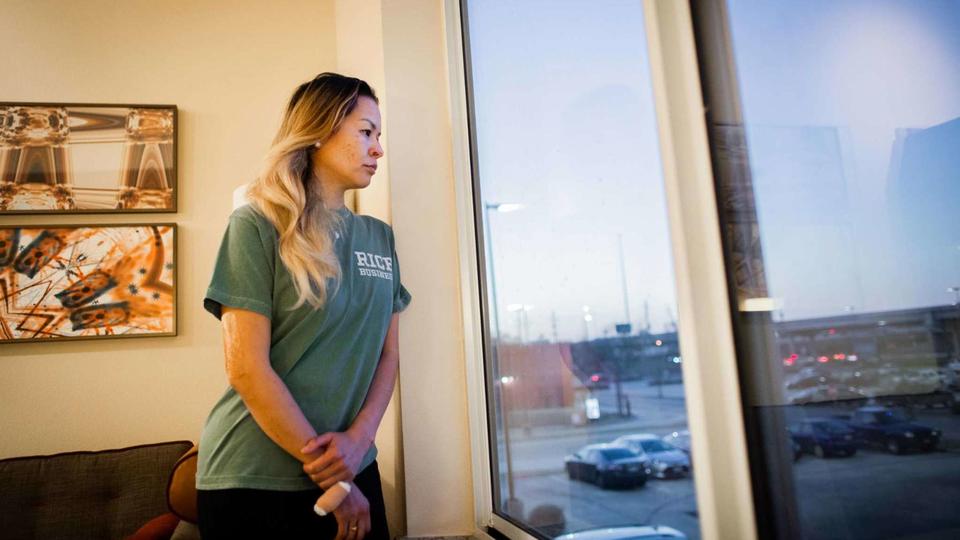
Celebrations at home will sweeten America’s pandemic Valentine’s Day
“Lower consumer confidence and uncertainty about the overall economy will shape Valentine’s Day spending trends — not the other way around,” says Professor Constance Porter.


Valentine’s Day consumer spending will look different this year, according to an expert from Rice’s Jones Graduate School of Business.
“Lower consumer confidence and uncertainty about the overall economy will shape Valentine’s Day spending trends — not the other way around,” wrote Constance Porter, assistant clinical professor of marketing at the Jones School, for WalletHub.
Over the past couple of years, Americans who felt good about the economy and their personal finances fueled strong spending on Valentine’s Day gifts, according to data published by the National Retail Federation. But this year, Porter believes, the pandemic will dampen Valentine’s Day spending.
“Performative gifting,” acts of generosity intended to impress both the recipient and observers, will be harder due to lockdowns and travel and restaurant limitations, according to Porter.
Instead, she suggests more people will opt for alternative ways to celebrate at home — such as cooking a restaurant-style meal or taking online courses for at-home spa treatments. It’s the “physical labor of love” that will make these experiences special, Porter said.
“The entire effort feels more fulfilling because our special someone put forth an extra effort,” she wrote.
Indeed, she says even single people may be inclined to find a special way to celebrate the day at home. A National Retail Federation survey found that 35% of respondents age 18-25 said “treating yourself” when asked about their Valentine’s Day plans.
“Given the isolation for some folks during the pandemic, Valentine’s Day is the perfect opportunity to boost mental health and wellness with some budget-friendly self-love activity at home,” Porter wrote. “It is never a bad time to do something special for yourself, like cook a favorite meal or order your favorite flowers. Valentine’s Day is the perfect excuse for self-indulgent behavior.”
You May Also Like
Finance Leader and Father of Seven on Investor Bias and Work-Life Balance feat. Jonathan McAdams ’01
Season 1, Episode 12
Jonathan McAdams ’01 joins Christine Dobbyn to talk about his career journey and working in finance. Along the way, Jonathan describes his experience in high-net worth and hedge funds and comments on the stock market during the pandemic.

Owl Have You Know
Season 1, Episode 12
Jonathan McAdams ’01 joins Christine Dobbyn to talk about his career journey and working in finance. Along the way, Jonathan describes his experience in high-net worth and hedge funds and comments on the stock market during the pandemic.
Subscribe to Owl Have You Know on Apple Podcasts, Spotify, Youtube or wherever you find your favorite podcasts.
You May Also Like
Rice Graduates Deliver Impressive Performance on the CPA Exam
Rice ranks second highest in the nation on the CPA Exam – for the second year in a row!


Rice ranks second highest in the nation on the CPA Exam – for the second year in a row!
Rice Graduates Excel on CPA Exam
With an average pass rate around 50%, the four-section CPA Exam is known to be a challenge. In 2019, though, 91% of Rice graduates who took sections of the CPA Exam passed on their first attempt. According to a report recently issued by the National Association of State Boards of Public Accountancy (NASBA), that gave Rice the second-highest pass rate among first-time test takers in the nation!
That 2019 performance was no fluke. In 2018, Rice also ranked second among all universities in the country.
What makes Rice’s CPA Exam rate even more impressive is that the majority of these Rice test-takers hadn’t majored in accounting or business as undergraduates. Instead, Rice Master of Accounting students hail from majors as diverse as economics, environmental science, French, kinesiology, piano performance, political science, psychology and sport management.
Interested in Rice Business?
One Exam, Four Separate Sections
While the name “CPA Exam” implies an exam that you’d take in a single sitting, it’s actually comprised of four separate sections that are taken individually. Most test-takers schedule each section weeks apart from one another so they can devote the needed time studying for each section.
While test-takers can re-take any section that they fail, you must pass all four exam sections within an 18-month window to pass the CPA Exam. Obviously, the best-case scenario is to pass all four sections on the first attempt.
Rice MAcc graduates typically sit for all four exam sections during the four months after completing their degree. The 91% of Rice test-takers who passed all four sections on their first try in 2019 completed the entire exam before or shortly after they started their full-time job. That allowed them to fully focus on their new career without having to study for the CPA Exam after work and over weekends.
Elijah Watt Sells Winners
Rice graduates also have demonstrated their success on the CPA Exam with their record of winning the Elijah Watt Sells Award. For three consecutive years, one of our MAcc graduates has won this prestigious award by earning one the nation’s very highest scores on the exam.
You can learn more about the Elijah Watt Sells Award and our previous winners here: Top CPA Exam Score Winner -- Third Year in a Row!
Are you interested in getting qualified to sit for the CPA Exam? Click here for more information about our admissions process. To find out whether the Rice MAcc is a good fit for you, reach out to us today!
Keep Exploring
Nalani Ortiz
Interview with Professional MBA student, Nalani Ortiz

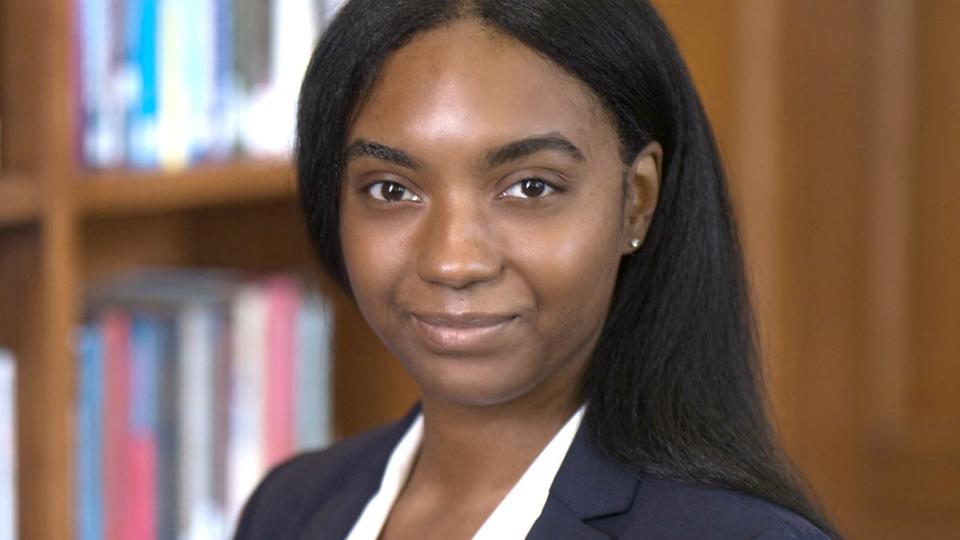
Why did you choose Rice Business?
Rice Business is a family of people who are intentional about showing up with empathy and lending their expertise beyond the classroom to ensure that you have a meaningful MBA experience. It was evident from the moment I stepped on campus that this was a space where I could genuinely learn, connect and thrive. Our dean, Peter Rodriguez, would say we are a community striving to strike the perfect balance between IQ and EQ.
What are you most proud of from your time at Rice Business?
In a time when the world seems caught in the grips of racial divide, I am immensely proud that Rice Business has doubled down on its commitment to attract talented students of color. The Consortium for Graduate Study in Management is a non-profit that supports top business schools in building a pipeline of brilliant business leaders from underrepresented backgrounds. Rice Business has invested so intensively in this mission that the number of Consortium fellows has more than doubled over the last two years. As Rice-Consortium chapter president, I've had the honor of leading the school's largest cohort to date. I am inspired daily by our family of fellows, and I am assured that the future of business is in the hands of bright, capable, resilient leaders.
How has your Rice Business experience supported your entrepreneurial or career accomplishments?
Over the summer, I interned with Google in their Googler Experience, Transformation and Strategy space. On my very first day, I was given the green light to help tackle a complex and ambiguous problem that impacted several of the organization’s key stakeholders for years. I was assigned the most amazing team of managers and co-leads to work with at Google and each day they affirmed the value of the work I brought to the table; work that I was uniquely empowered to do because of my Rice education. The mix of strategy and entrepreneurship courses I took in my first year made navigating the ambiguity of a complex space feel natural. Post-graduation I’ll be joining that amazing team at Google full time. I’m elated that a passionate educator can earn an MBA and use the marriage of those skillsets to one day make an impact in tech. The Rice MBA experience has supported me in connecting the dots between my past and my future, and it’s played such an integral role in my personal and professional transformation.
Have you faced racial judgments in a professional setting? If so, what advice do you have for anyone experiencing something similar?
Of course! People always come to the table with pre-conceived notions of who you are and what you bring to the table. I used to feel pressured to prove to certain groups that I belonged in the spaces that I had access to. I’ve since learned that the proof is in the pudding. If you’re there, it’s because you deserve to be. Knowing that gives you the power to take up space without apology and demand decency from the people you interact with on a daily basis.
What suggestions do you have to work with allies within the workplace or at school?
Align with those who support your convictions but also reserve space for those who will respectfully expand your perspective. The key to allyship is advocacy. Cultivate a community that normalizes speaking up on behalf of one-another. The most challenging and rewarding thing about change, is that it can only be accomplished together.


